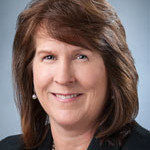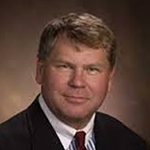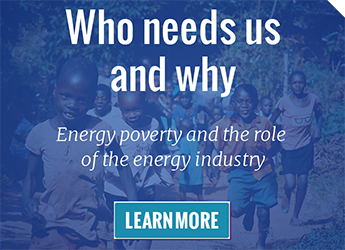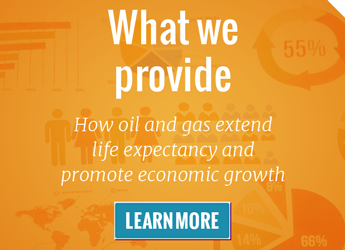
Hydraulic Fracturing Revealed: Get the Facts About the Fracks
Hydraulic fracturing is one of the most controversial operations in today’s petroleum industry — and one of the most fruitful for developing oil and gas resources. The Shale Revolution fueled by the combination of multi-stage hydraulic fracturing and horizontal drilling thousands of feet below surface propelled the United States to the forefront of oil and gas producers, much to nearly everyone’s surprise. As a result of this massive upsurge in production, US energy prices were slashed significantly for consumers. In this module, DrillingContractor.org Editor/Publisher Mike Killalea sat down with three notable experts in hydraulic fracturing to provide a better understanding of this proven and productive technology.
In developed countries, we take for granted all the ways these fossil fuels improve and enhance our lives.
What is hydraulic fracturing?
Why does hydraulic fracturing get such a bad rap?
What is the impact of hydraulic fracturing?
What fueled the shale revolution?
Does hydraulic fracturing use hazardous chemicals?
Does hydraulic fracturing waste water?
Does hydraulic fracturing cause earthquakes?
How does hydraulic fracturing benefit the average person?
What’s the latest technology in hydraulic fracturing?
What would be the consequences of banning hydraulic fracturing?
About the Panel
 Karen Olson
Karen Olson
Karen is Director of Southwestern Energy’s Strategic Solutions Team, which is accountable for bringing the company to Freshwater Neutral by 2016. She has been a Completion/Reservoir Engineer for over 30 years, with expertise in design, modeling, and operational execution of hydraulic fracturing, as well as offshore completions.
Karen has been active with the Society of Petroleum Engineers and for the last seven years has been a Guest Editor for the Deepwater and Hydraulic Fracturing section of the JPT, SPE’s official magazine. In addition to well-deserved awards, Karen served as the 2014, 2015, and current 2016 Chairperson for the SPE Hydraulic Fracturing Conference. She is also on the executive committee for the 2015 ATCE and recently honored as a Distinguished Member of SPE.
 George King
George King
George E. King is a Registered Professional Engineer with over 43 years experience in the oilfield. His technical background includes basic research on energized fracturing, production and fracturing chemicals, as well as a host of other topics. George is the author of 71 technical papers and a book on completions and workovers. He has been very active in sharing his expertise with the industry through the Society of Petroleum Engineers, American Petroleum Institute, and other corporate and volunteer organizations.
 Jim Wicklund
Jim Wicklund
Jim Wicklund spent 15 years in the oil and gas industry, working in geophysics and engineering before joining the financial services industry as a research analyst covering the oilfield services sector. He is currently serving as Managing Director for Credit Suisse.
Prior to joining Credit Suisse, Jim held managing director/head of energy research positions at Carlson Capital LLC, Banc of America Securities and Rauscher Pierce Refsnes Inc.
Jim has been recognized with various awards and recognition, including the #1 ranking in Institutional Investor, Greenwich Surveys and the Wall Street Journal’s “Best on the Street”. He is a frequent contributor to CNBC, CNN and other media outlets.









